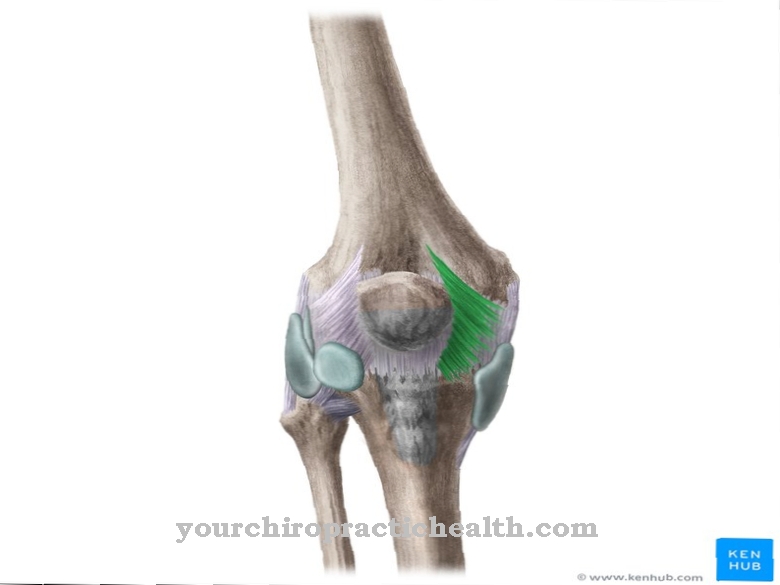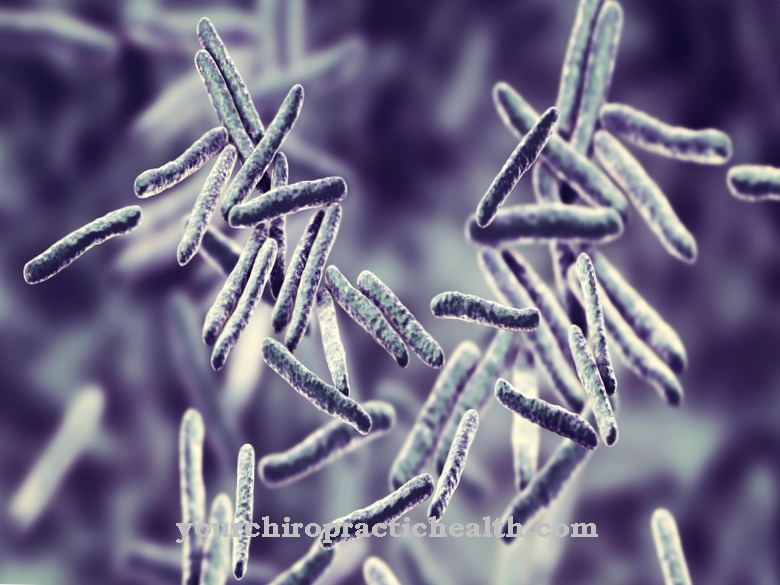The immune system is the body's own defense system. Without an immune system, the human body would be exposed to harmful environmental influences and harmful changes in the body without protection. The immune system is therefore an endogenous mechanism that is vital.
Definition, meaning and function of the immune system

The immune system consists of two mechanisms, the task of which is to fight off pathogens and foreign substances and thus maintain the health of the body. These defense mechanisms are, on the one hand, the specific, i.e. acquired, immune defense, and, on the other hand, the unspecific, innate immune defense. These two main systems complement each other in their various functions.
The main function of the immune system is to successfully fend off pathogens and foreign substances from entering the body from outside. In addition, the immune system can recognize and eliminate abnormal and changed body cells. One of the body's reactions to its own immune system is inflammation. They arise when the immune system tries to remove foreign substances or damaged body cells.
In the case of some pathogens, the immune system gives the body immunity after successfully fighting the harmful substances and thus protects against renewed diseases. In addition, the immune system can kill tumor cells. Sometimes the immune system can react too strongly to certain substances.
Allergies are an example of an excessive immune reaction to certain substances. Some functions of the immune system are innate. Others are acquired. The immune system is a very complex endogenous system, which can be impaired and disturbed in its functions by many influences. Numerous diseases can result from disorders of the immune system.
Disorders & diseases
The immune system does not always work without problems. It can happen that there are excessive immune reactions or a reduced immune defense. If there is an excessive immune reaction to certain substances, this can be expressed in allergies.
In the case of allergies, the body usually reacts to foreign substances that would not cause any noteworthy defense reactions in a normally functioning immune system. If reduced or no immune reactions take place, this is expressed in so-called immunodeficiency diseases. A weakened immune system can either be innate or develop over time. Infections are more common with a weakened immune system.
Pathogens and foreign substances that penetrate the body from outside can spread through the body due to the reduced or completely absent reactions of the immune system. Another disturbance in the immune system can manifest itself in the so-called autoimmune diseases. A normally functioning immune system not only reacts to foreign substances with defense reactions, but also recognizes the body's own cells and structures, which are changed in some form or are pathological.
For example, an intact immune system can also find and destroy tumor cells. With an autoimmune disease, however, in the worst case, the immune system's defense reactions target and destroy the body's own healthy cells. It is also possible that the recognition of changed body structures is disturbed. In this case, cancer can develop, for example. The immune system is also responsible for the rejection of transplanted organs.
You can find your medication here
➔ Medicines to strengthen the defense and immune systemInner & outer influences
Disorders of the Immune system can be traced back to both external and internal influences. In addition, a distinction is made between innate and acquired immune system disorders. A congenital immune deficiency is based on genetic defects. In the case of a genetic defect, the carriers of the genetic make-up are damaged.
As a result, the functioning of the immune system is disturbed. Only one function of the immune system or several functions can be affected by the disorder. Acquired immune disorders are usually based on external influences. For example, certain diseases such as HIV infection can cause a disorder in the immune system.
In addition, the functions of the immune system are influenced to a considerable extent by factors such as diet or stress. In the case of a poor diet, in which certain minerals or vitamins are only inadequately absorbed or not absorbed at all, the immune system can be severely disrupted.
Excessive stress factors can also have a negative effect on the immune system. In addition to these external influences, an acquired immune deficiency can also be triggered by the body's own, i.e. internal, factors. In particular, the intestinal flora and the entire physical condition have an influence on the immune system and can weaken it under certain circumstances.

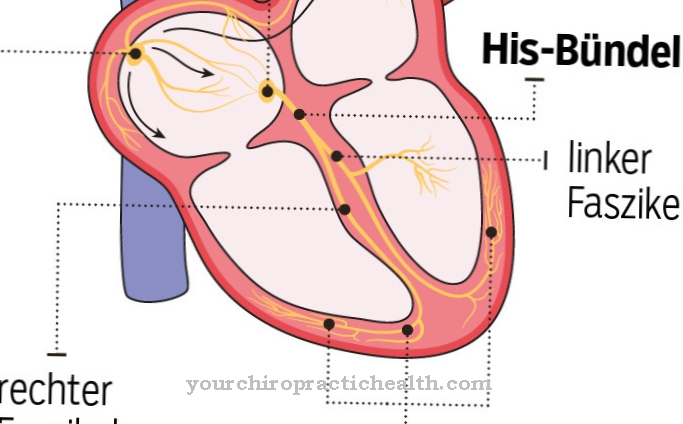
.jpg)

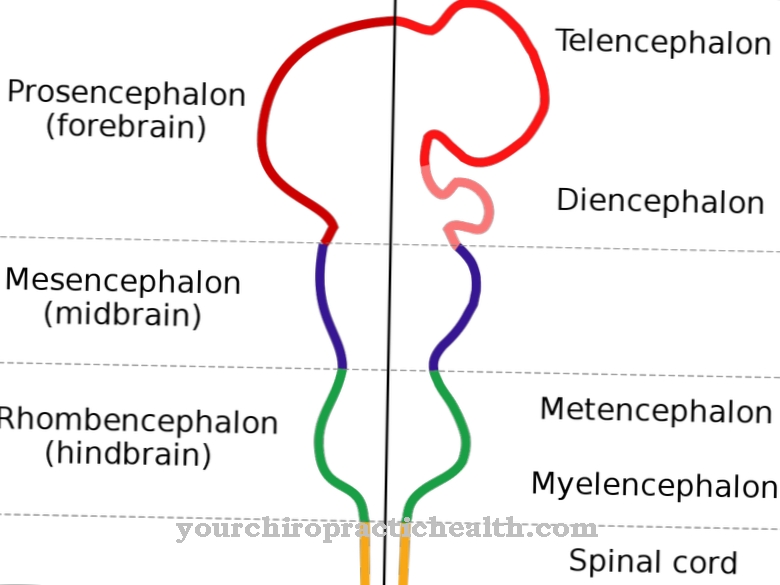




.jpg)


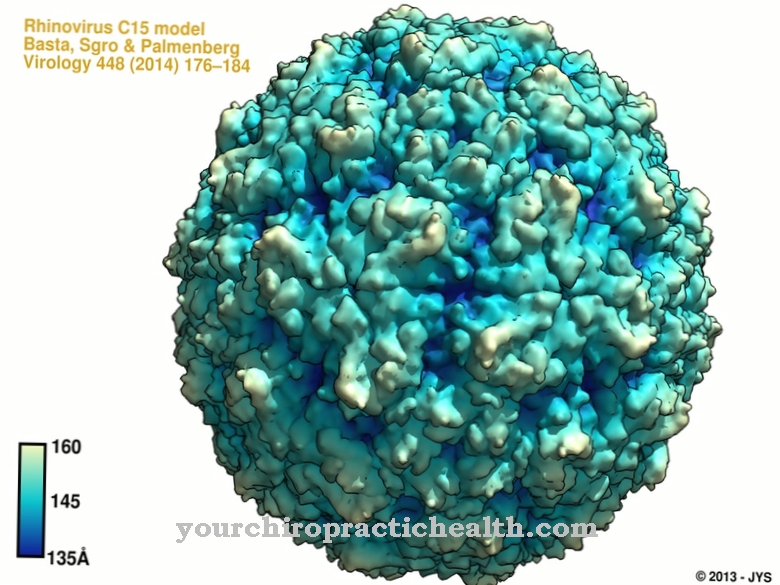
.jpg)

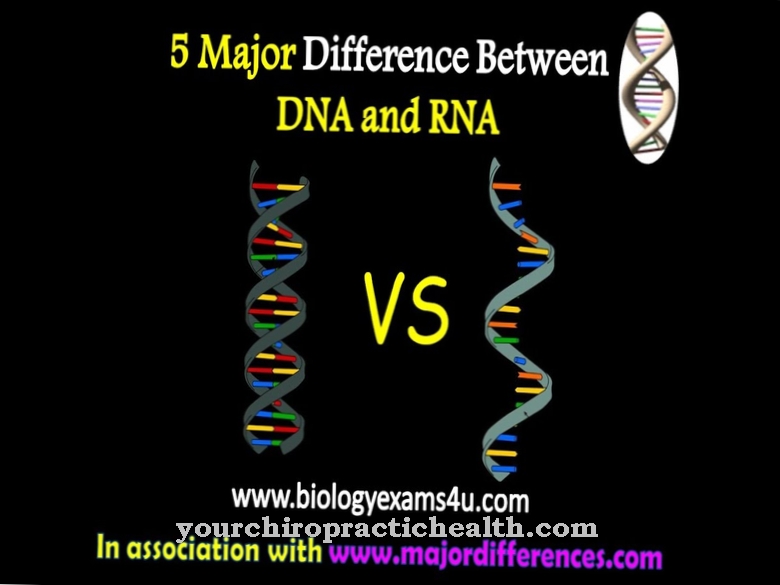

.jpg)


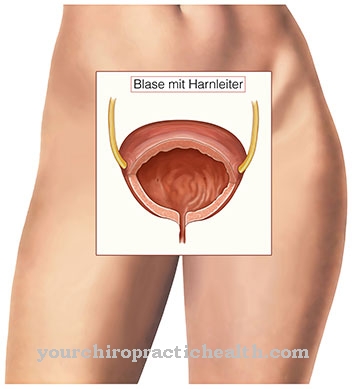

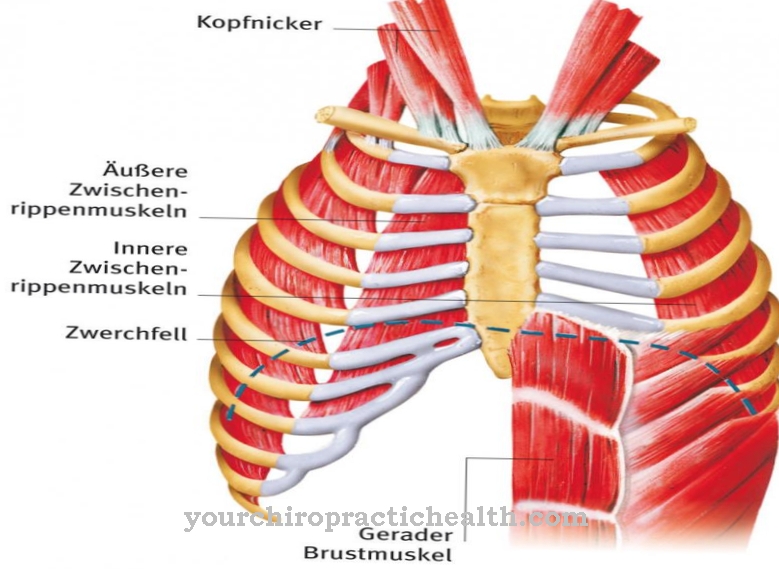

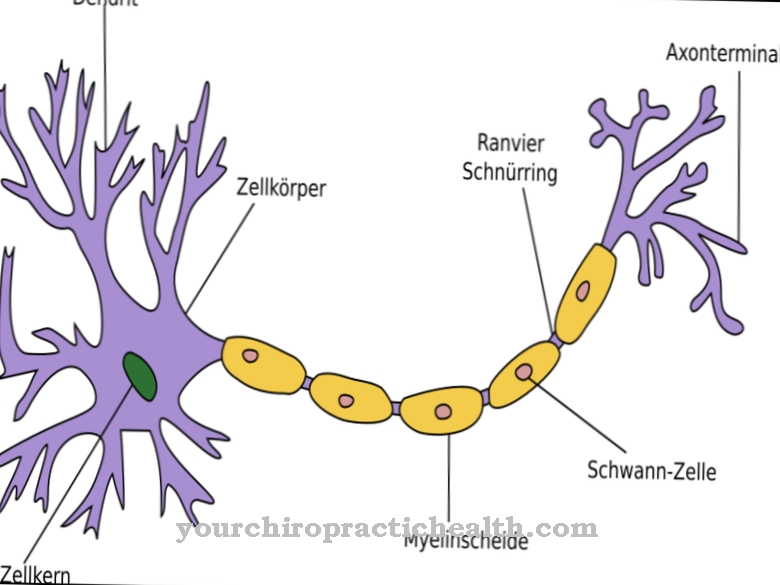
.jpg)
